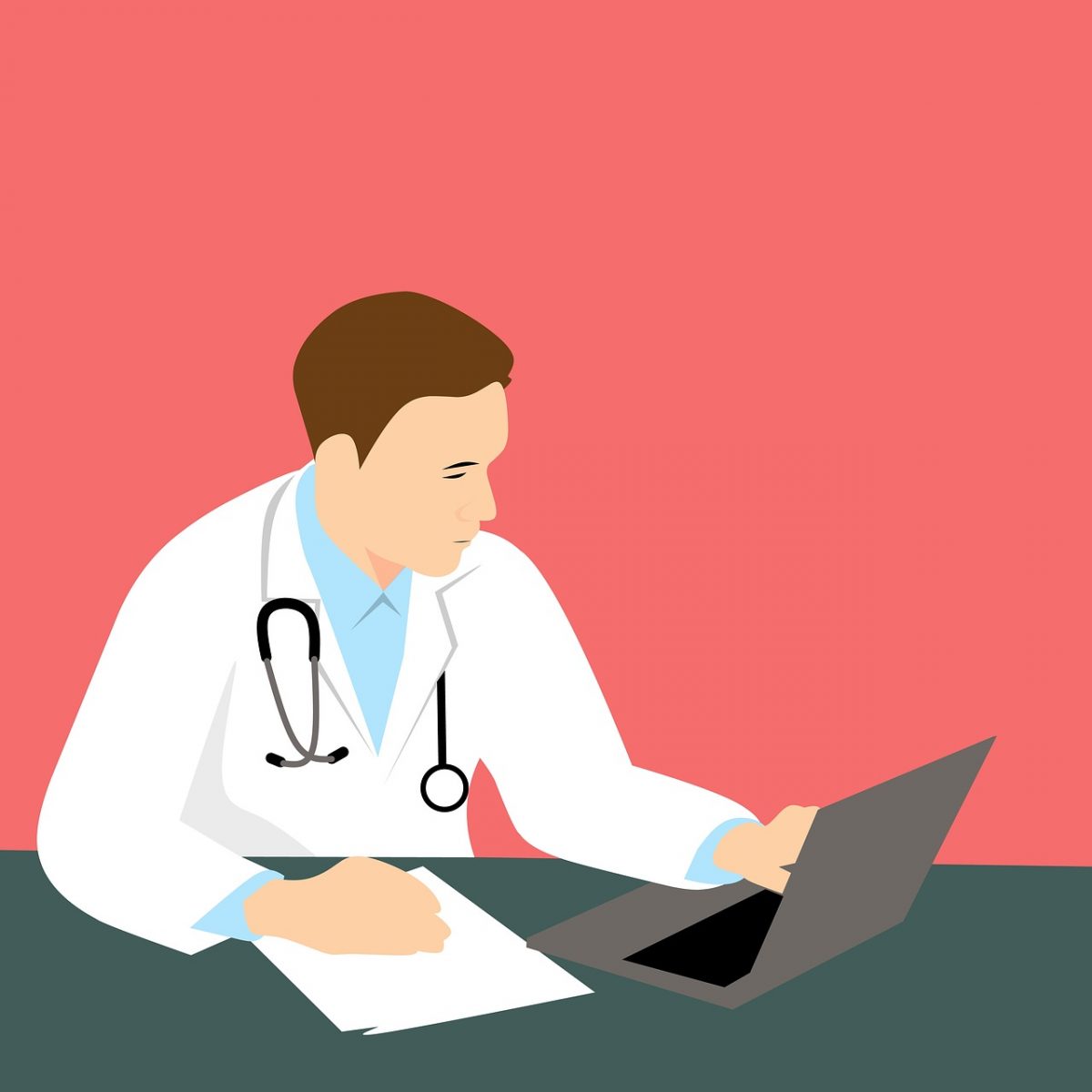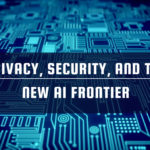Digitization and automation of care programs including remote patient monitoring, symptom management, patient education, and clinical process automation have become a must to increase effectiveness, and accessibility, and improve patient outcomes. These innovations enhance care delivery and resource use in the healthcare industry by enabling real-time monitoring, personalized symptom treatment, accessible patient education, and faster procedures.
Artificial intelligence is being employed by platforms to prioritize patients, offer personalized messages, gather patient-reported outcomes, and monitor care plan adherence. To simplify data gathering and reporting, the platform also connects with current electronic health records and other platforms.
For healthcare platforms to comprehend patient wants and preferences and produce personalized replies, natural language processing (NLP) and machine learning (ML) are essential components. NLP approaches examine language produced by patients and extract pertinent data, including symptoms, worries, and preferences. Sentiment analysis is performed by ML algorithms in conjunction with NLP to evaluate patients’ emotional states and satisfaction levels and provide the necessary assistance. While entity identification derives from medical conditions and lifestyle characteristics, intent recognition models classify patient inquiries to appropriately understand their demands.
Healthcare practitioners may deploy resources efficiently thanks to the platform’s AI algorithms that triage patients according to their symptoms, medical history, and urgency. Sending reminders and messages that are specifically targeted to the treatment goals and preferences of each patient, also makes personalized communication possible. It makes it easier to get patient feedback by giving real-time information on symptoms, medication adherence, and quality of life. It checks patients’ compliance with care programs, sends out reminders, and enables proactive interventions to enhance results.
As a result of the platform’s seamless integration with current healthcare systems, human data entry is not necessary, and data flow is uninterrupted. Comprehensive reporting, analytics, and population health management are made possible by this combination. Enhanced patient interaction, better care coordination, data-driven decision-making, effective resource allocation, and simplified reporting and compliance are just a few advantages of the platform.
Consequently, the platform transforms healthcare organizations by utilizing AI, digitizing and automating procedures, and fostering patient-centered care. It gives patients and healthcare professionals more influence, which improves patient outcomes, efficiency, and experiences overall.
To discover more about the various evolving use cases in different industries, kindly reach out to us at open-innovator@quotients.com.






